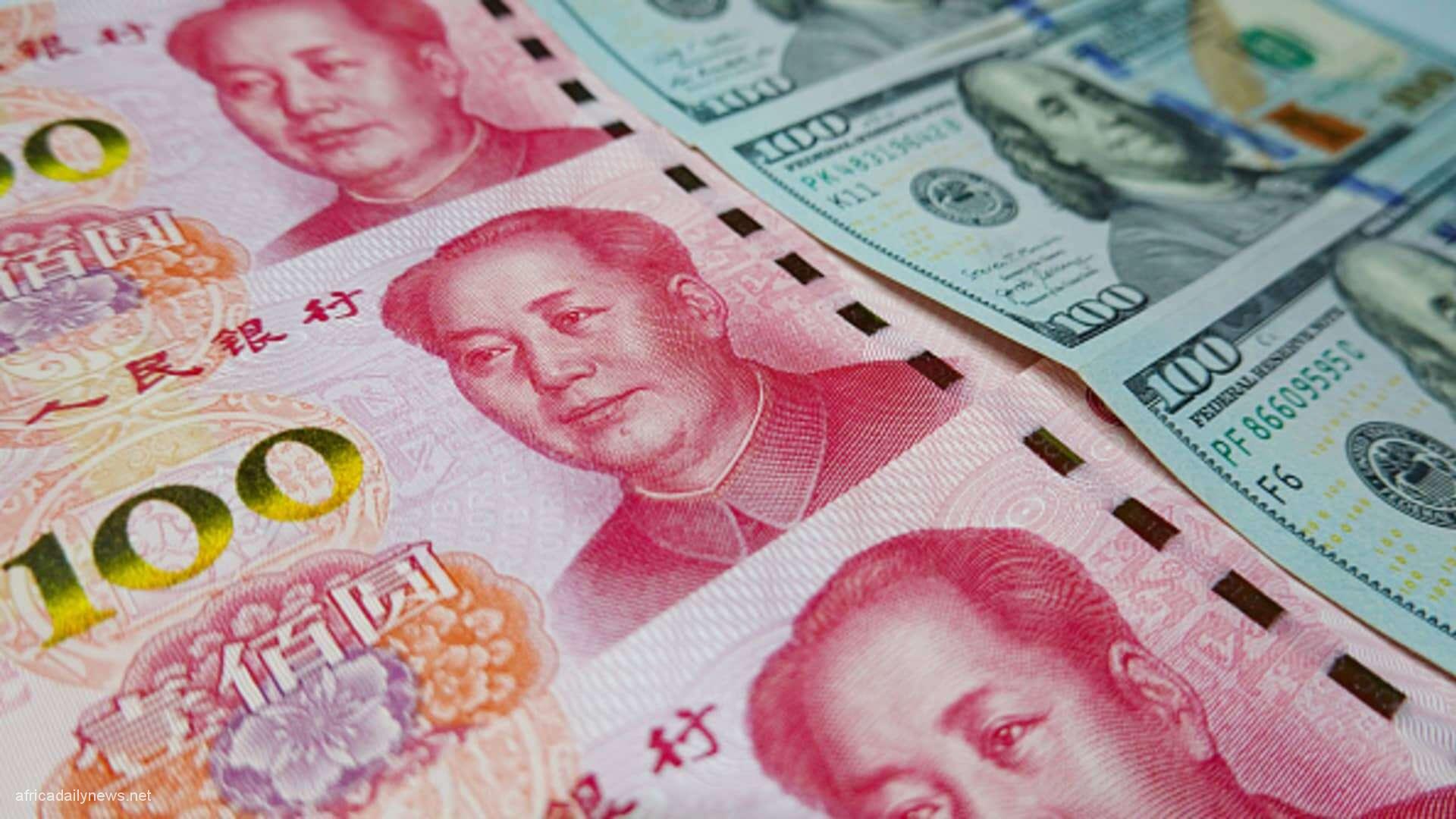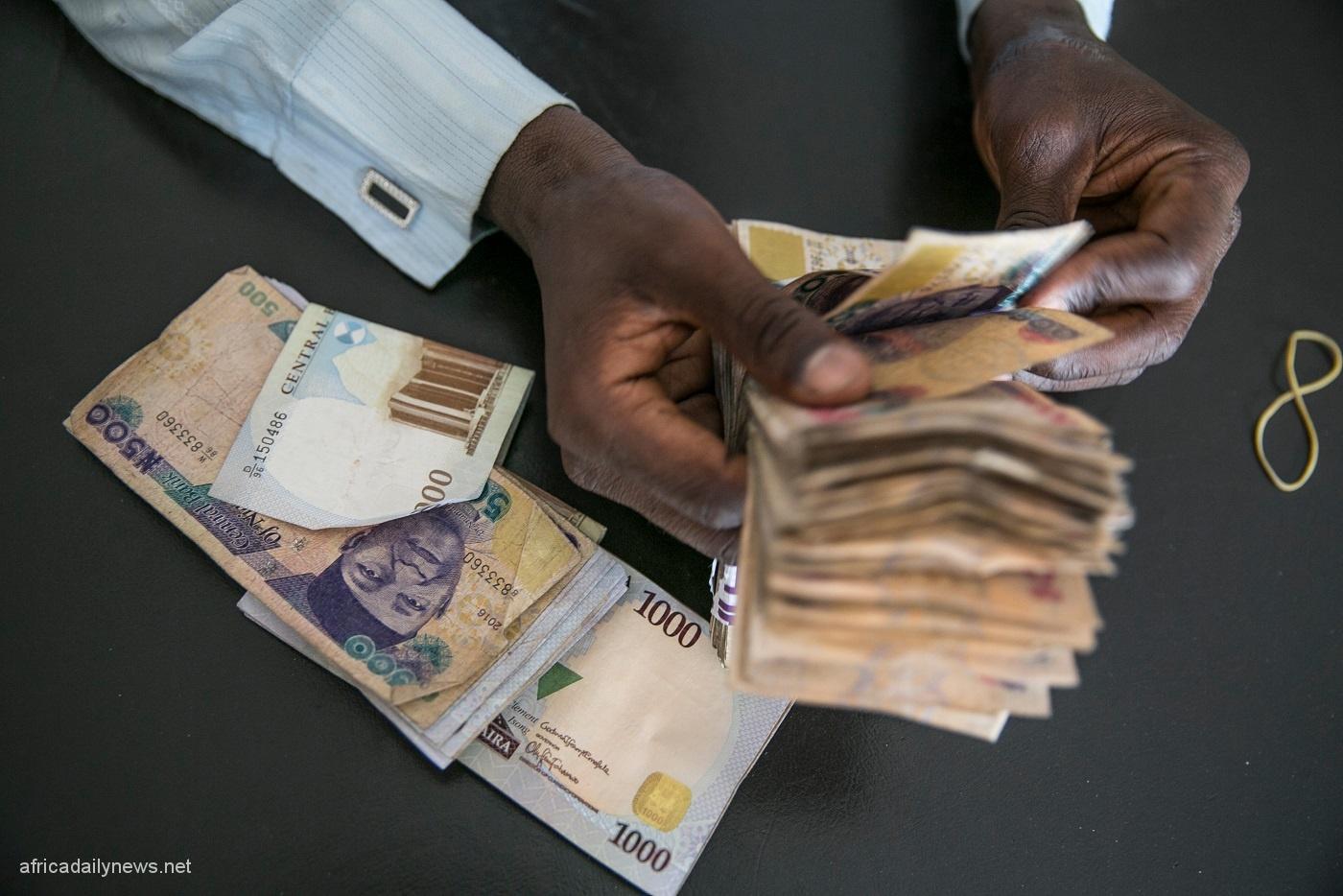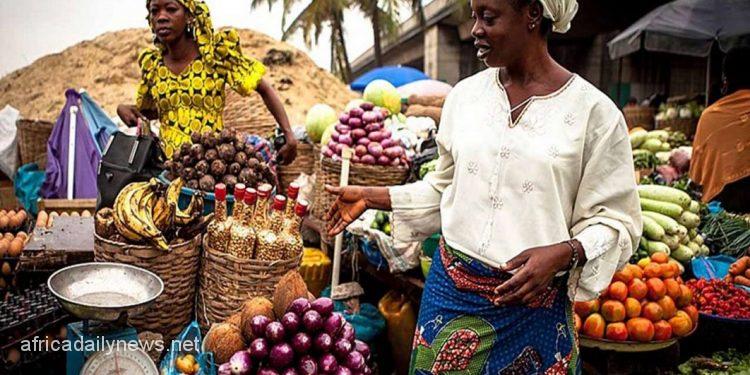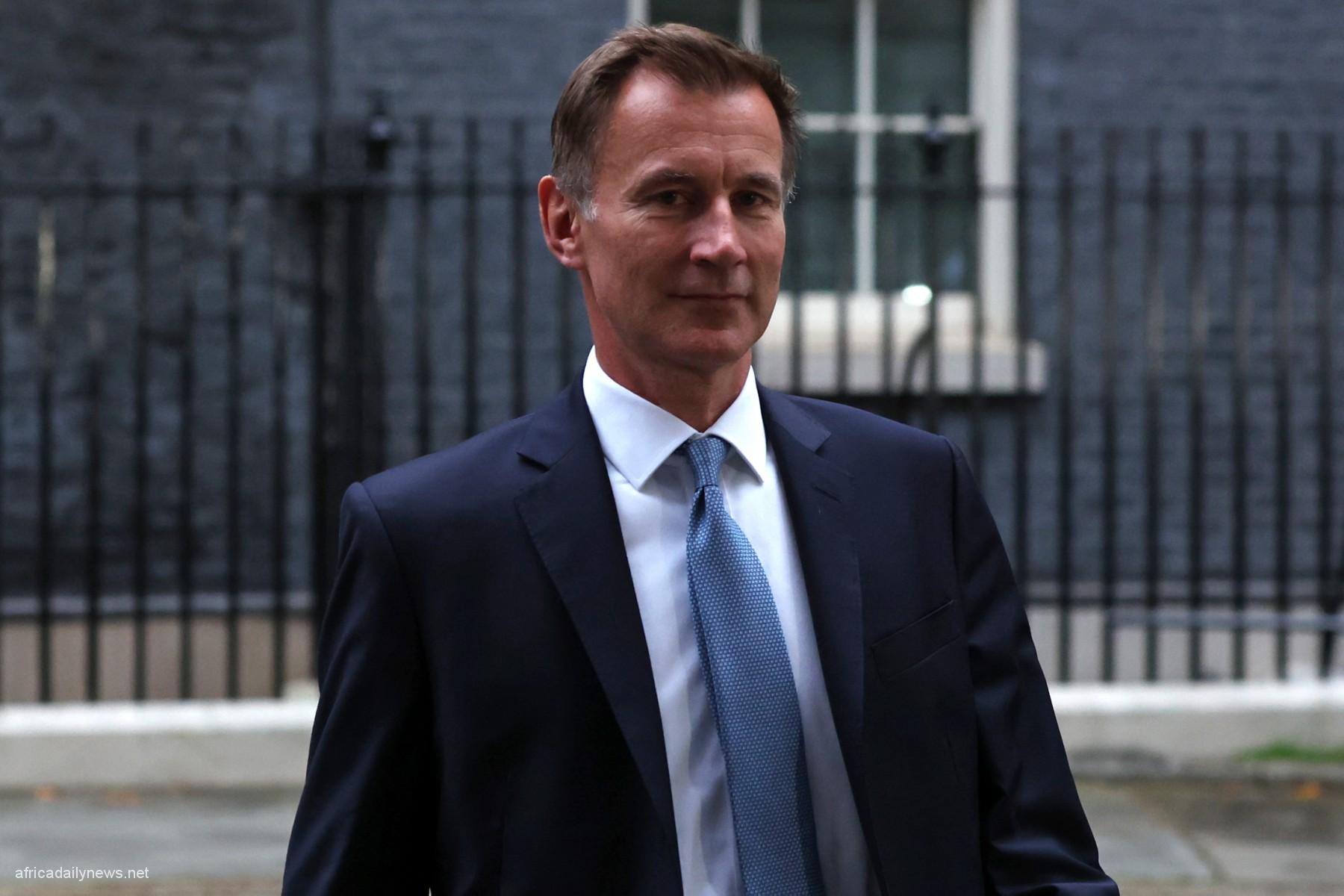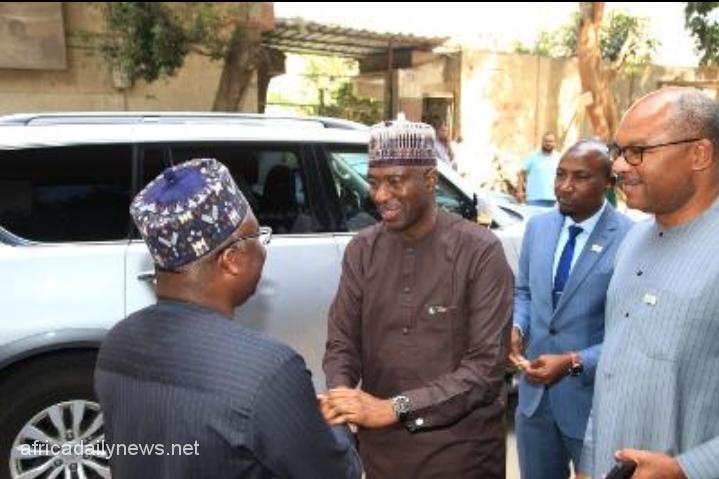African nations are targeting to invest $1 trillion over the next 10 years to bridge the worrisome infrastructure gap on the continent.
This is as the Executive Chairman of the Federal Inland Revenue Service
(FIRS), Mr Tunde Fowler revealed that effective 2020, Nigerian banks will commence charging Value Added Tax (VAT) on local and foreign transactions.
The infrastructure funding, which will spring from a plethora of onshore and offshore investors will see the continent extracting its Value Added Tax (VAT) from the investments to address other concerns.
The Executive Secretary, African Tax Administration Forum (ATAF), Mr Logan Wort made the disclosure in Abuja on Monday at the opening of a three-day ATAF technical workshop on VAT.
According to him, Africa loses billions of dollars annually to investors who take advantage of the vacuous tax system on the continent to default in their obligation.
He said there was an urgent need for African countries to share ideas and techniques on how best to administer VAT, designing VAT systems and auditing thereof.
He said: “Over a $trillion dollars is slated for investment towards infrastructure development over the next 10 years. I mention this because the continent is filled with new developments, high rising buildings and construction projects. The ATAF VAT Technical Committee has noted these developments and commenced work on guidance on VAT issues arising from the construction sector.
“The 2018 edition of Deloitte’s Africa Construction Trends report indicated that as of June 2018, Africa had 482 projects, each valued at US$50 million or above. In total these construction projects were valued at US$471 billion. This was an increase of 53% of the total value of US$307 billion recorded in 2017.
“In 2018, the top three countries in terms of construction projects were Egypt, South Africa and Nigeria. Egypt had the highest recorded number of projects, totalling 46 and accounting for 9.5% of African projects. In terms of value, Egypt also topped Africa, recording projects worth US79.2 billion. This accounted for 17% of the continent’s value of projects”.
Wort noted that the aforementioned figures illustrate the practical nature under which the membership of ATAF will benefit from collection minds of Africans to deal with issues arising in industries on the continent.
He explained that while construction is that of tangibility, the rise on the intangibles was common across the globe and indeed in Africa.
“Beset against the 4th industrial revolution, more and more, we realise that the “old way” of going to a shop to buy a product may not be the most effective way when the same product is available online, and at times, cheaper. E-commerce changes the distribution of taxable activities; it poses challenges to the jurisdiction to tax income and alters the balance of taxing authority, and results in the erosion of countries’ tax bases.
Read Also: Breaking: Kanu informs Emperor of Japan about fake Buhari
“E-commerce creates difficulties in the identification and location of taxpayers, the identification and verification of taxable transactions and the ability to establish a link between taxpayers and their taxable transactions, thus creating opportunities for tax avoidance.
He said there is a need to develop rules to identify and address the tax challenges of the digital economy with a view to adopting a holistic approach to tackling both direct and indirect taxation crisis.
“Real-Time VAT systems – Cross-border digital trade is fully-fledged electronic trading, and often automated, phenomenon. The execution of these transactions requires no or minimal human intervention. It, therefore, follows that the taxation of cross-border digital transactions should preferably be done electronically and with minimal human intervention”, he added.
Earlier in his remarks, the Executive Chairman, Federal Inland Revenue Service (FIRS), Mr Tunde Fowler noted that the African Tax Outlook (2017) places VAT as the highest tax revenue earner, followed by Petroleum Income Tax (PIT) with Company Income Tax (CIT) taking the third position.
He revealed that effective 2020, Nigerian banks will charge VAT on transactions made locally and internationally.
“We’ve started engaging stakeholders and we are addressing all concerns around it. We need to streamline tax administration and have taxpayers in mind”.
He added: “In Nigeria, for example, where VAT is critical to developmental projects at all levels of government and where VAT revenue is shared 15% to the federal government, 50% to state governments and 35% to local governments, FIRS wrote to all commercial banks in May 2018, requesting a list of Companies, Partnerships & Enterprises with a banking turnover of N1b billion and above. This activity is aimed at ascertaining those companies that are compliant with the tax laws and those that are not.
“Over 160 countries around the world apply a Value-Added Tax (VAT), of which 44 out of the 54 African countries collect this tax.
“The biggest risk is double taxation and unintended non-taxation through lack of VAT coordination. The globally agreed VAT guidelines therefore facilitate the interaction between administrations and businesses, and are intended to address some of these concerns.
“VAT remains the cash cow in most ATO countries with an average VAT-to-total tax revenue ratio of 31%, which is higher than the Organisation for Economic Cooperation and Development (OECD) average of 20%. These statistics therefore are a validation of the need for us to streamline the administration of this tax with the full knowledge of its potential contribution to national budgets, but also bearing in mind the rights of our taxpayers.”(The Sun)




